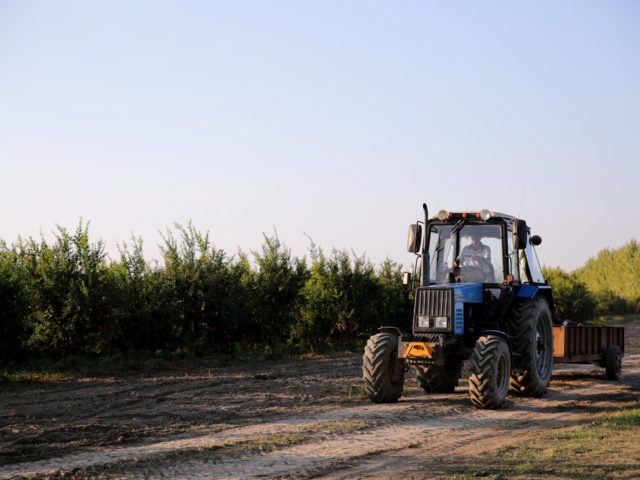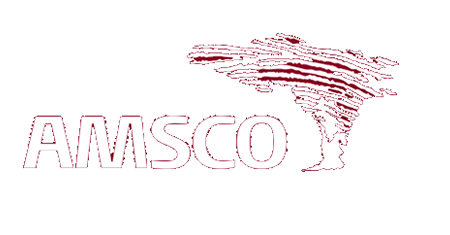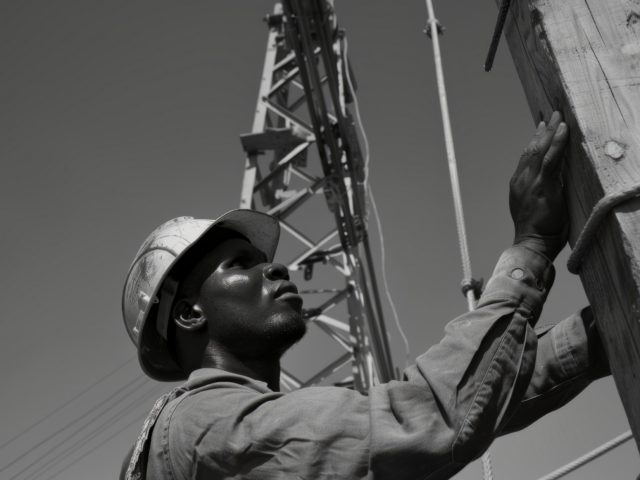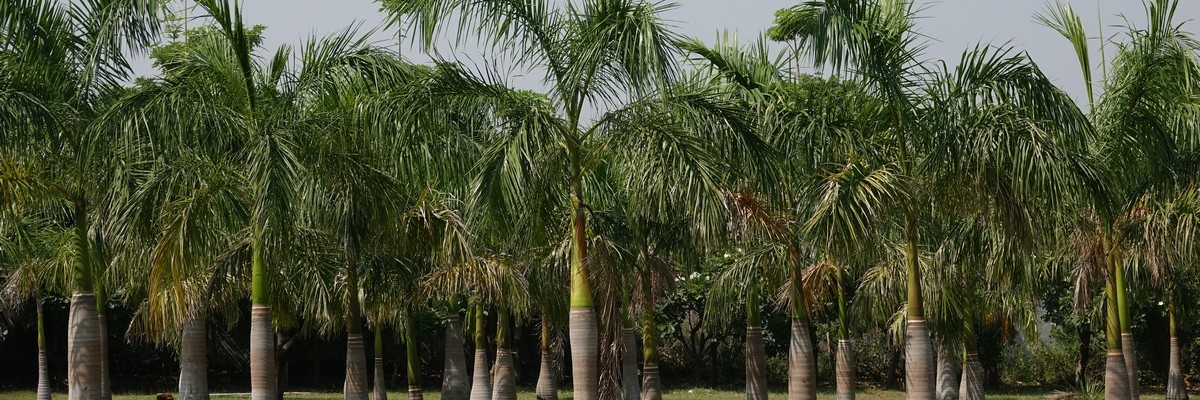Created in 1869, the FINASUCRE group produces brown, blond, white and refined sugars from cane and beet, marketed in industry and large distribution. It also produces caramels and specialties. It sells renewable energy in the form of electricity. It produces alcohol, molasses, beet pulp and other animal feed products.
Through its subsidiary Galactic, FINASUCRE is a major producer of lactic acid and its derivatives, and conducts research into the production of biodegradable and recyclable plastics. The engineering and production of equipment for sugar mills completes the range of Finasucre’s activities. The group has factories in Belgium, the Netherlands, Democratic Republic of Congo, Australia, China and the USA.
The group operates a concession of 11,700 hectares under sugar cane in the Democratic Republic of Congo and owns 14,700 hectares of farmland in Australia, as well as 4,900 hectares of land with development potential.
Created in 1925 in Kwilu-Ngongo (Democratic Republic of Congo), the Compagnie Sucrière (CSKN) is one of Finasucre’s subsidiaries and is a semi-public company. where the Congolese state is a 40% partner. The country’s only sugar producer, the company includes sugar cane plantations, a sugar mill and a distillery.
On the agronomic level, the compagnie sucrière has experienced declines in sales of sugar and alcohol in the DRC. Sugar sales decreased by 31%, or 69,378 tonnes of sugar sold in 2017, compared to 101,218 tonnes sold in 2016. In this period, all countries where Finasucre is active have experienced a decrease in sugar sales. In the DRC, this decrease is explained by climate change, the slowdown of the Congolese economy and increased commercial competition from officially and unofficially imported sugar.
To cope with the decline in turnover recorded since 2016, Compagnie Sucrière has requested AMSCO’s intervention in the provision of expatriate staff, in order to achieve its development objectives, which are, among others, the improvement of its operations and the skills & capacities of its local staff.
Since June 2019, AMSCO has placed 13 experts of various nationalities, in the positions of deputy MD, CFO, Supply Chain Manager, Plant Manager etc… to execute this development plan and special emphasis has been placed on the transfer of skills and technologies to local staff.
AMSCO’s intervention was in the following areas:
- The setting up of a training plan in 2019 but which will be executed during the period 2020-2021, in order to reinforce the capacities of the staff, in the fields of Management and Leadership, with the aim of ensuring local succession;
- The improvement of the living conditions of the population through the construction of dry toilets and blocks of toilets.
- The installation of 22 hand pumps across the concession to provide clean drinking water to workers, their families and neighbouring Native people. At the Kwilu-Ngongo City level, the company provides drinking water to the neighbourhoods of Tumba, Mvambanu and Nsele. It has also granted a local organization a water source in the concession and supported the implementation of a project that currently provides drinking water to Mayenga and surrounding neighbourhoods. Solar panels have been installed to electrify the area.
- The allocation of housing throughout the concession to elements of the Congolese National Police, teachers, local service managers and public officials. Electricity and drinking water have been connected to these homes and to local churches free of charge
- Free access to medical care for company employees, their family members as well as land rights holders.
- The maintenance of the main roads of its concession, the 17 kilometres of road linking the national road to the city of Kwilu-Ngongo, without any financial compensation from the Congolese Government to cover the cost of this public service. All of these roads contain numerous bridges which are rehabilitated one after the other, as the case may be, by the company
- Access to education for 205 secondary school and 250 primary school students during the 2017-2018 academic year
- The integration into professional life of 843 young Congolese from various schools and the University of Kinshasa through internships in the Sugar Company.
01234567890012345678900123456789001234567890
Employees
4,307 Congolese employees as of December 31, 2018, including 1,572 permanents and 2,735 temporary.
- Job Creation: As of December 31, 2018, Compagnie Sucrière employs 4,307 Congolese, including 1,572 permanents and 2,735 temporary employees (1,980 seasonal and 755 daily workers). As of December 31, 2019, the company employs more than 4,300, thus reducing the unemployment rate in the DRC.
- Social assistance: through its CSR policy, Compagnie Sucrière has contributed to improving the lives of the Congolese people by building social infrastructure, including access to drinking water, electricity and improved medical facilities used by employees, their families and land rights holders.
- Increase in turnover and payment of taxes in 2018, the turnover was 93.108.656.776,03 and the taxes paid to the Government of the DRC was: 3,371,946,988.93, compared to 8,134,209,040.28 in 2017, that is a difference of 12%.







